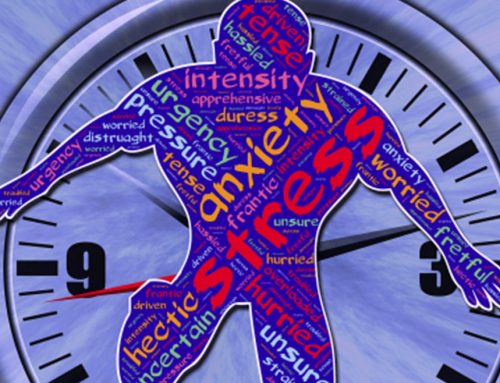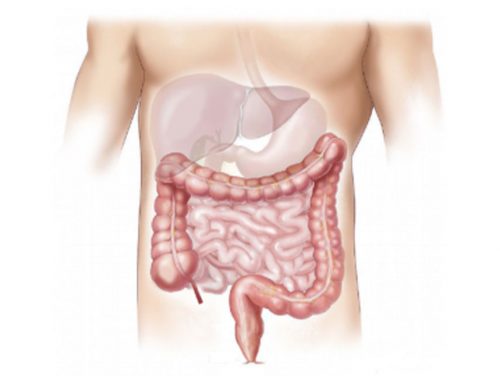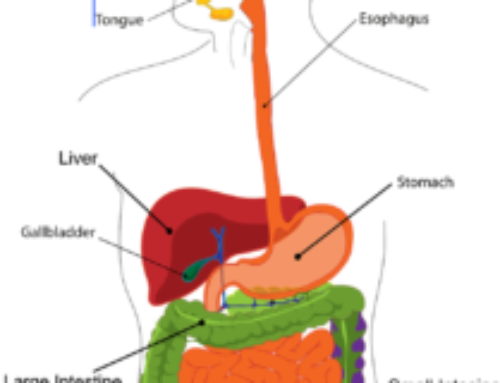Depression, medication, and deception

The low serotonin myth and a chemical imbalance have become so ingrained in us that everyone parrots this as the cause of depression. Yet, the evidence to support these statements does not exist. If these drugs were so wonderful, why do we see a rise in depression? If patients require long-term use of antidepressants, why are there no long-term studies showing their benefits? Studies have only examined antidepressant medication’s short-term effects. Many people are on these drugs for years, yet you will be hard-pressed to find a study longer than three to six months. Most of the research doesn’t extend beyond twelve weeks!
A 2008 study by Turner et al. found that when it comes to antidepressants, the information you see is selective, meaning they make these drugs look more favorable than they are. They concluded that from 1987 to 2004, 12 antidepressants were approved based on 74 studies. Thirty-eight studies were positive. They published 37 of these favorable studies. Thirty-six studies were negative (showing no benefit). Of the 36 negative studies, ONLY 3 were published as such, while 11 were published with a positive spin and 22 were unpublished.
A more recent systematic review out this month by Moncrief f et al. (2022) indicated that there is no basis for the belief that low serotonin is the primary cause of depression. Furthermore, a 2017 systematic review suggested that many depression medication studies risk bias (Wang et al., 2017). This begs the question of how reliable the information is within these studies.
Therefore, how effective are these drugs for depression?
Depression is complicated and most often multifactorial. It is not as simple as taking a pill.
A pill may help you in the short term to improve your mood, but it won’t last. While I cannot tell anyone to take or discontinue any medication as that is a discussion with your prescribing doctor, I can assist with looking at you as a whole and as an individual to determine underlying imbalances that need to be addressed to support your body and mind.
From an endogenous perspective, depression can have numerous root causes, often more than one, such as nutrient deficiencies, head injury, medication side effects, low stomach acid, absorption and assimilation issues, gut dysbiosis, thyroid, liver, and bile issues, and so forth.
Think of your depression as a symptom of an underlying imbalance rather than a diagnosis. Typically a person with depression with have other health issues. From my perspective, they are all shout-outs giving us clues to what imbalance lies underneath. For instance, along with depression, you may have extreme fatigue, GI complaints, skin issues, brain fog or chronic headaches.
If you need support for your depression from a root cause endogenous perspective, please email karen@trufoodsnutrition.com to indicate you would like a free 15-minute phone consult to see if I can be of help to you.
Sources
Selective Publication of Antidepressant Trials and Its Influence on Apparent Efficacy | NEJM https://www.nejm.org/doi/full/10.1056/NEJMsa065779
https://www.nature.com/articles/s41380-022-01661-0
https://www.tandfonline.com/doi/abs/10.1080/17512433.2017.1377070?journalCode=ierj20





